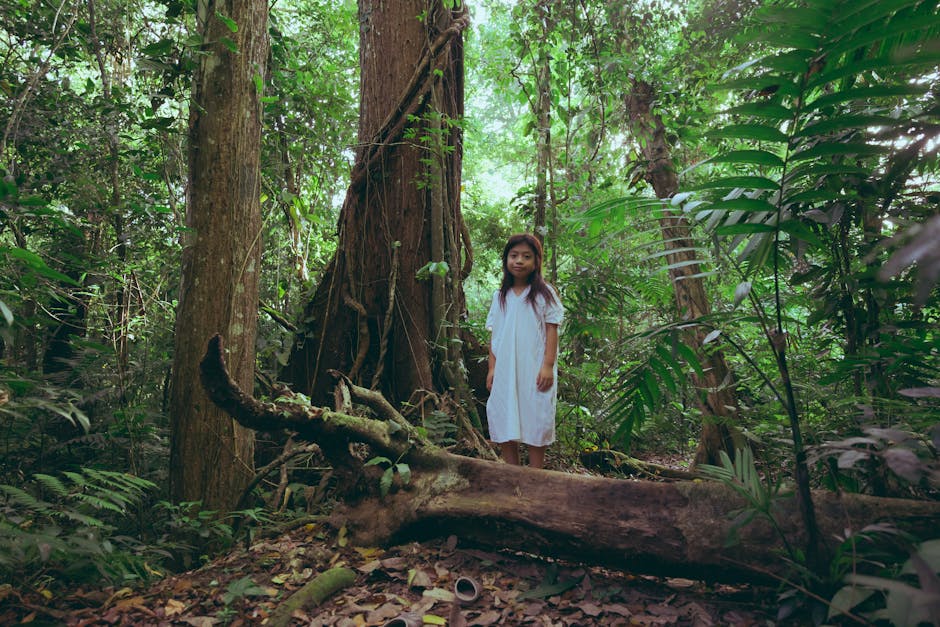
The Role of Nature in Latin Folklore Symbolism
The Role of Nature in Latin Folklore Symbolism
Latin folklore is deeply rooted in the rich natural landscapes of the region. Nature plays a significant role in shaping the cultural narratives and symbolism found within traditional Latin American tales and legends.
One of the most prominent natural elements in Latin folklore is the enchanted forest. This mystical setting is often depicted as a place of mystery and wonder, inhabited by magical creatures and spirits. The forest represents the unknown and serves as a metaphor for the human subconscious. It is believed that venturing into the forest can lead to personal transformation and self-discovery.
Another important aspect of nature in Latin folklore is the presence of animals. Animals are often personified and play significant roles in the stories. For example, the jaguar is a common symbol of power and strength in many indigenous cultures. It represents the connection between humans and the natural world, highlighting the importance of respecting and living in harmony with nature.
Water is another element that holds great symbolism in Latin folklore. Rivers, lakes, and oceans are associated with life, purification, and renewal. Many tales feature water as a transformative force, capable of granting immortality or transporting individuals to magical realms.
The elements of wind and fire are also featured in Latin folklore. Wind represents change, freedom, and the unpredictable nature of life. Fire symbolizes both destruction and purification. It often appears as a tool of punishment or a means of testing characters' strength and resilience.
In conclusion, nature plays a vital role in Latin folklore symbolism. The natural elements of forests, animals, water, wind, and fire are used to convey deeper meanings and messages within the cultural narratives. Understanding the significance of these symbols allows us to appreciate the rich heritage and wisdom embedded in Latin American folklore.
